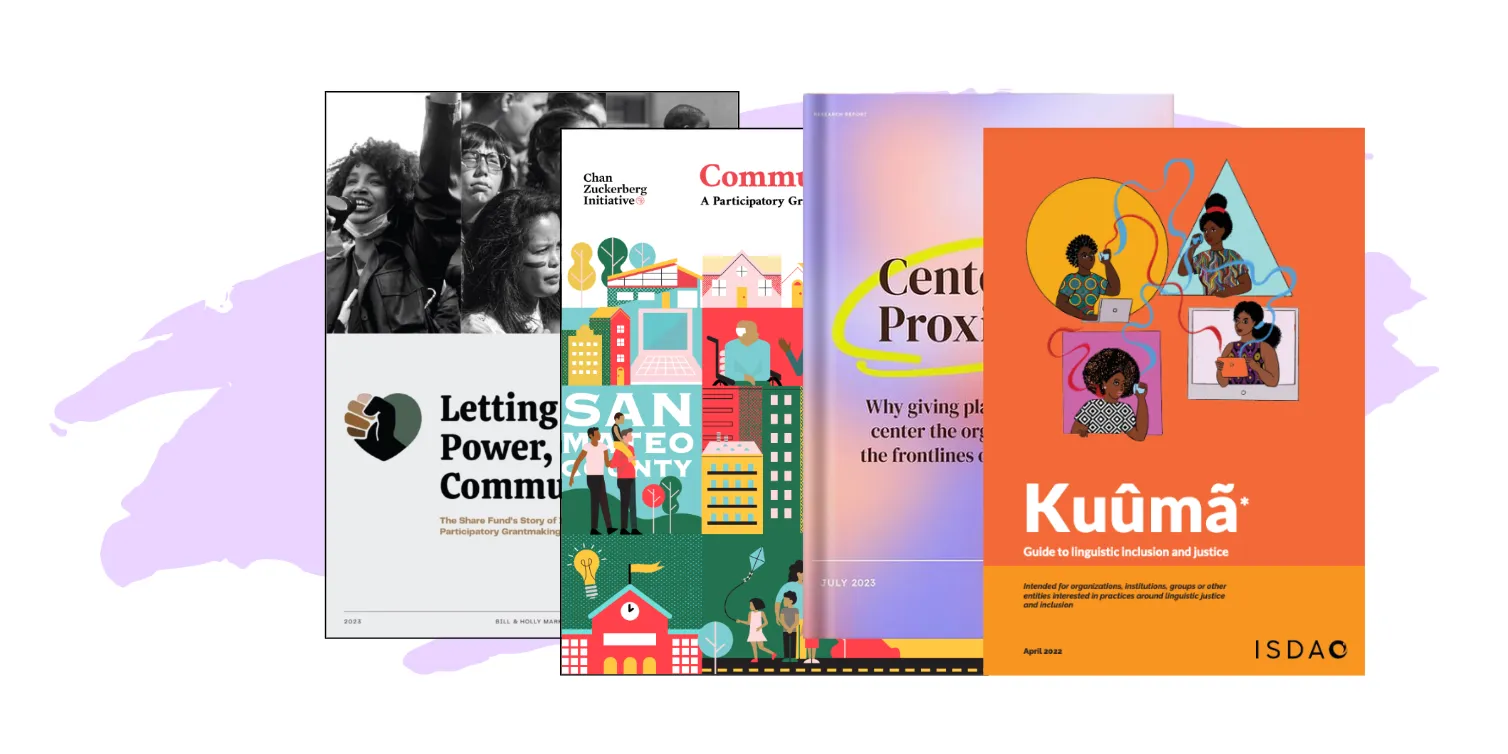You know the Audre Lorde quote: “The master’s tools can never dismantle the master’s house.”
We’re in a moment when the Master’s tools are under scrutiny. From Anand Giridharadas to Edgar Villanueva, people are questioning the systems that move money, including foundations and grantmakers large and small. Satonya Fair, Marcus Walton, and Kathryn Dunham O’Neal are helping us – philanthropic staff – innovate answers and drive change as field catalysts, deploying our own positional power.
In response, some foundations are changing their practices – moving towards participatory grantmaking, trust-based philanthropy and even deeper liberatory and decolonizing practices. Others, like Rockefeller and Gates are holding the line. As we approach a historic wealth transfer, young donors are increasingly questioning the traditional way of doing things.
Where is all this going?
Introducing a new column
Welcome to Equity Overhaul, my new column for Proximate that explores the state of grassroots grantmaking in the United States – which Proximate defines as the movement to reform philanthropy by shifting power to the grassroots.
I’ll use this space to dive into the wide range of ways that grants managers and other philanthropy professionals are shaking up the philanthropic status quo. I’ll cover a wide variety of topics. That includes the rise of new giving structures and vehicles from donor collaboratives to intermediaries; the ever-evolving definition of risk in a post-Fearless Fund world; the latest debates around measuring diversity; the role of government and policy in philanthropy reform; and the increasing importance of technology (specifically AI) in all elements of equitable grants management.
My audience is the social sector – which is inclusive of philanthropy, public charities and foundations; philanthropic intermediaries; and of course nonprofits doing direct work on the ground. I’m part of many communities and will hopefully speak to many of them – including my friends at PEAK Grantmaking, Grantmakers for Effective Organizations, NTEN, Philanthropy New York, Technology Association of Grantmakers, Partnership on AI, Fundraising.AI, the Center for Effective Philanthropy and the Trust Based Philanthropy Project.
I’ll bring my background as someone who has played a lot of roles in philanthropy. I’ve worked in philanthropic grantmaking for two decades. I’ve done every element of grants management, as both a manager and a VP. As a consultant, I have applied my knowledge of grantmaking and technology to help others improve efficiency and meet best practices.
Throughout, I’ve tried to remain curious. And that’s what this column will be about.
Getting Curious
Above all, this column will be a space to look at the field (or rather industry) of philanthropy and ask “Why?”
As a child, I asked “why” incessantly: “Why, mommy, What if, How come?” I’m sure I annoyed her with questions she may not have been able to answer and could not find space to contemplate. Decades later, I’ve received payback in the form of constant questions from my children.
I’m proud of my children’s curiosity, but I also know that when you grow up, folks who ask too many hard questions are labeled gadflys. They are often met with exhaustion and trite replies (“Because I said so” is not limited to adults speaking to children).
In this column, I will encourage readers to be curious about why we do things in philanthropy in certain ways. Once, we were all curious children. As adults, we need to continue to imagine and reimagine; to ask the hard questions and find better ways to move resources; to ground more deeply in trust; to understand the systems that have disempowered and discredited; to observe inequity and source solutions.
Being curious can be a lonely road. Society encourages us to tone down curiosity and do what we are required to do to survive. There is enough on our daily plates to mute curiosity, to stay inside the lines, to not draw attention. Self-preservation and personal comfort are golden handcuffs – they make us fearful.
Instead of being afraid of change or new ideas, what if we explored those feelings of fear? We chose to work in nonprofits and philanthropy because we want to help others. To show that we truly care, we need to be more open-minded and willing to learn.
Let’s get curious together. I hope this column can offer the space to contemplate an equity overhaul in philanthropy. I’m looking forward to engaging deeply with readers and hearing what you’re curious about, so we can discuss these ideas together.
With that in mind, I welcome feedback and thoughts on what to write about. Thanks for joining me; I’m looking forward to going on this journey together.






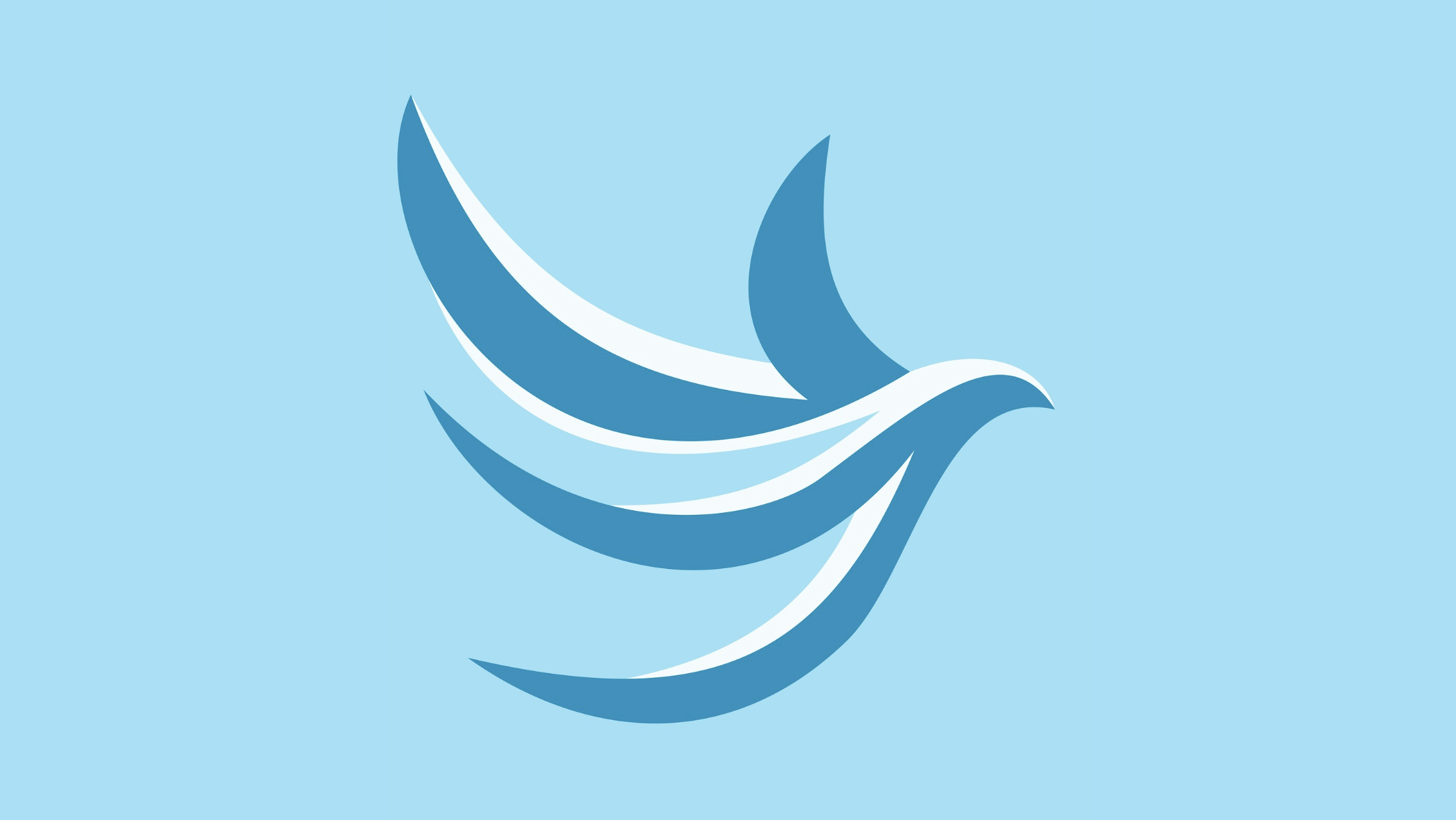

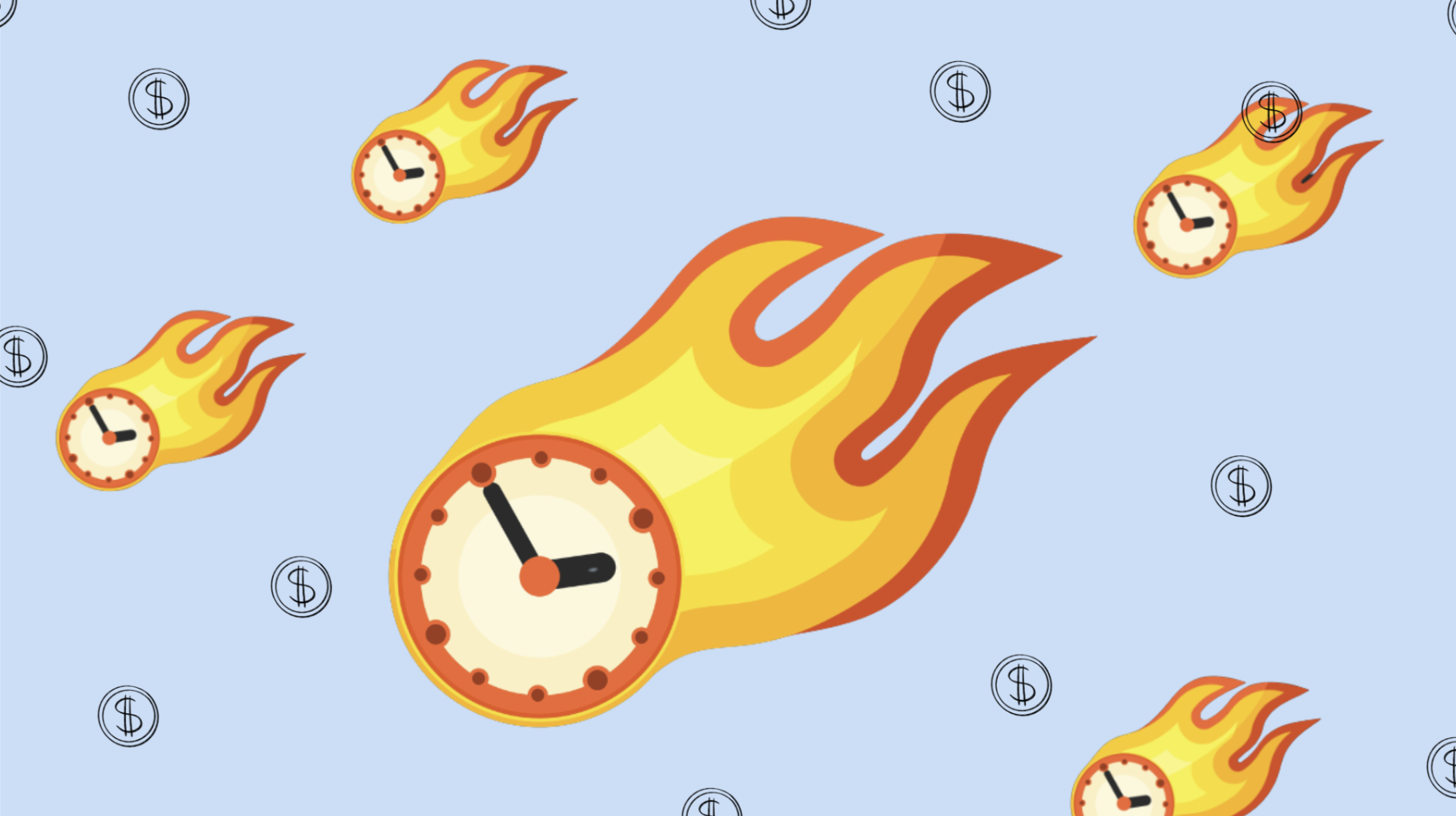
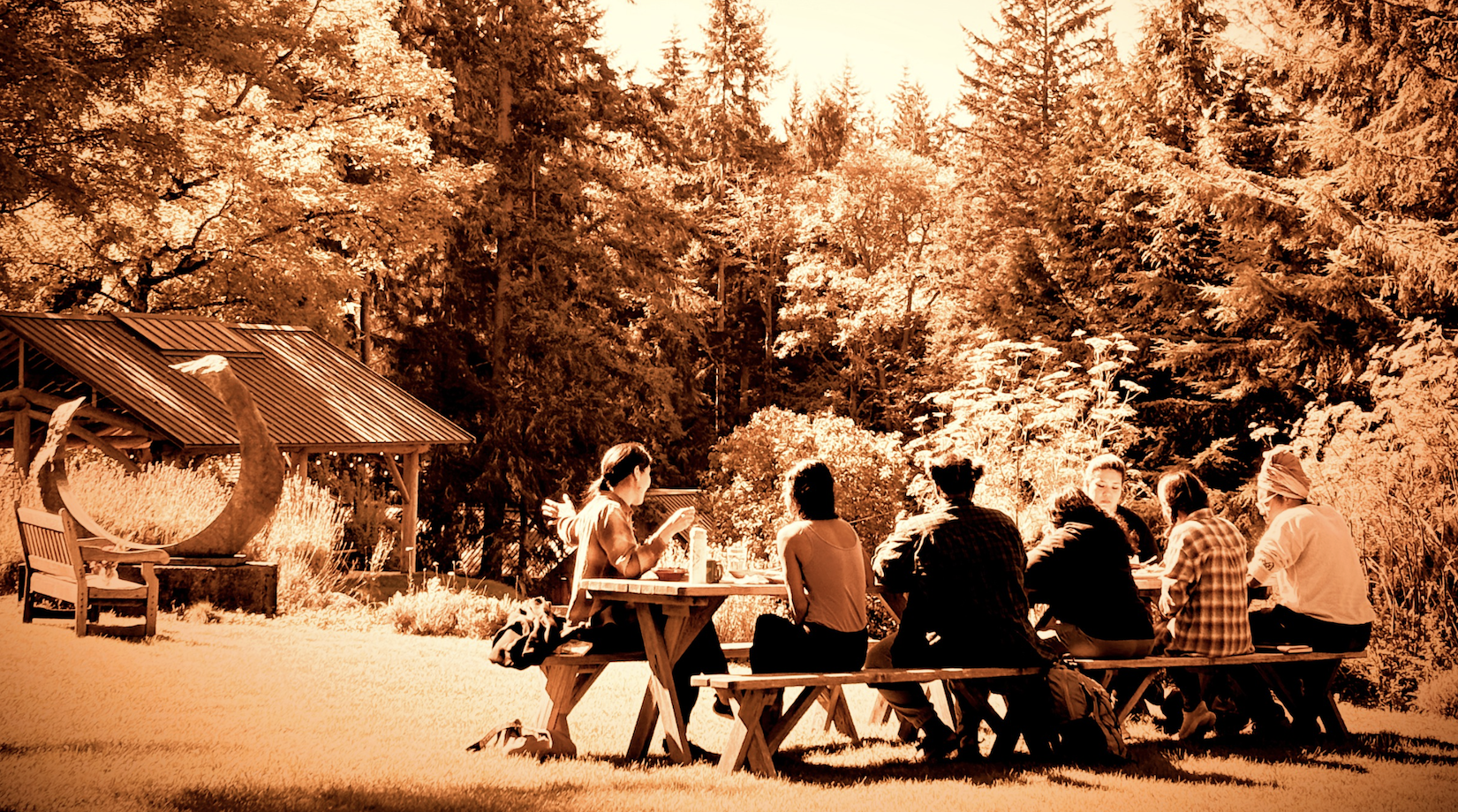
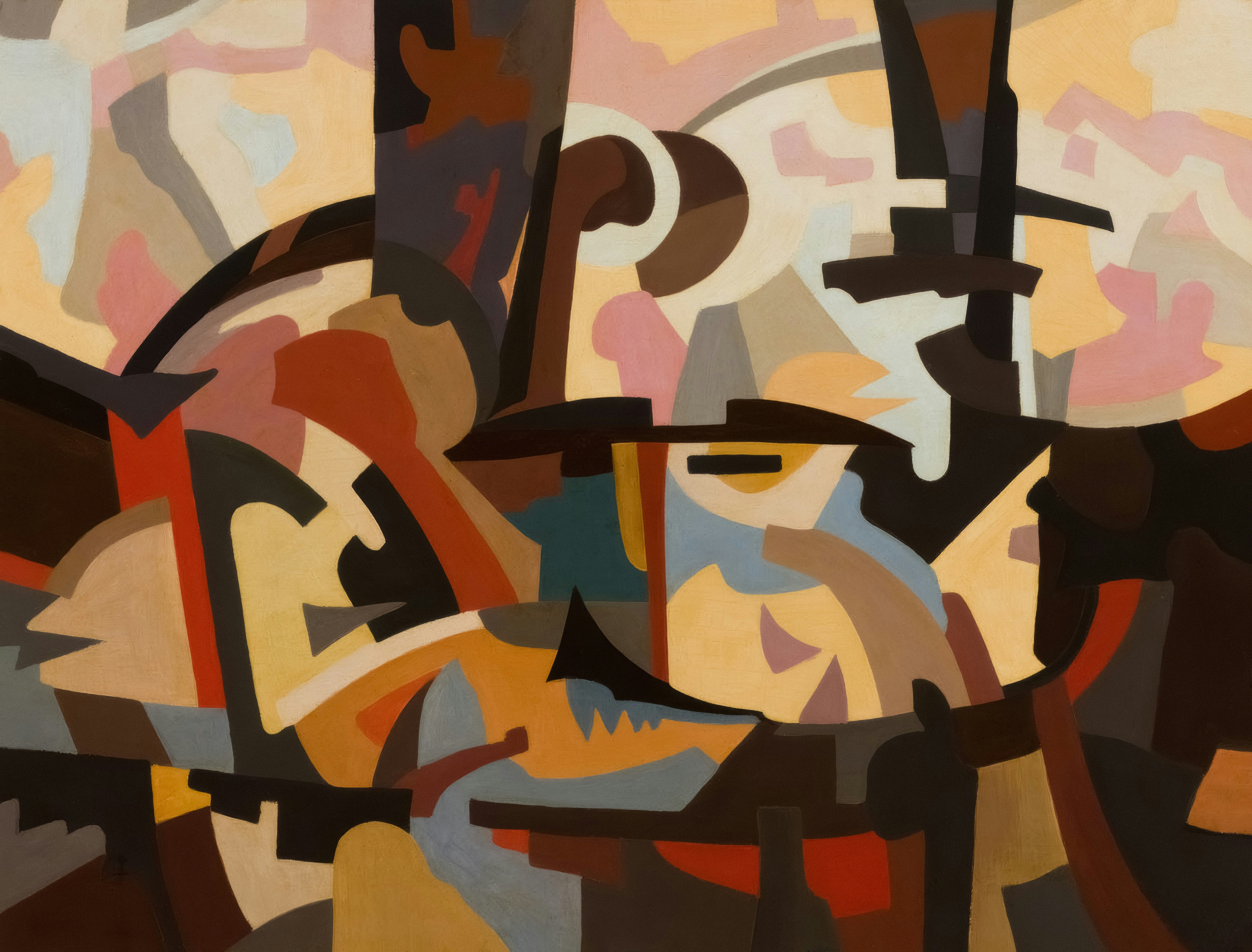
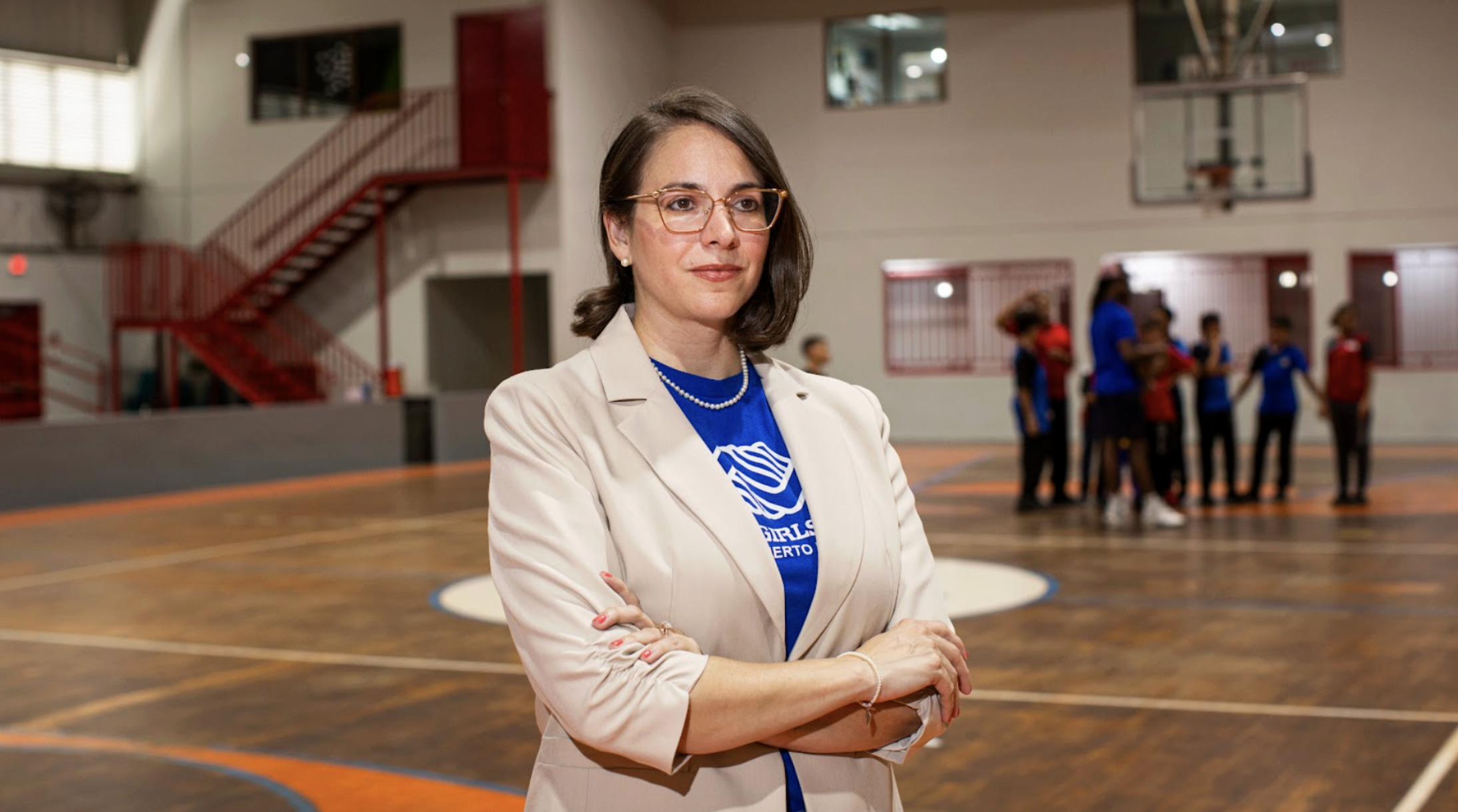
.webp)

.webp)
%20(1280%20x%20720%20px)%20(41)%202.webp)
%20(1280%20x%20720%20px)%20(38).webp)
%20(1280%20x%20720%20px)%20(31).png)


%20(1280%20x%20720%20px).webp)









.webp)





.webp)
.gif)

.webp)


.gif)






